Issue N8
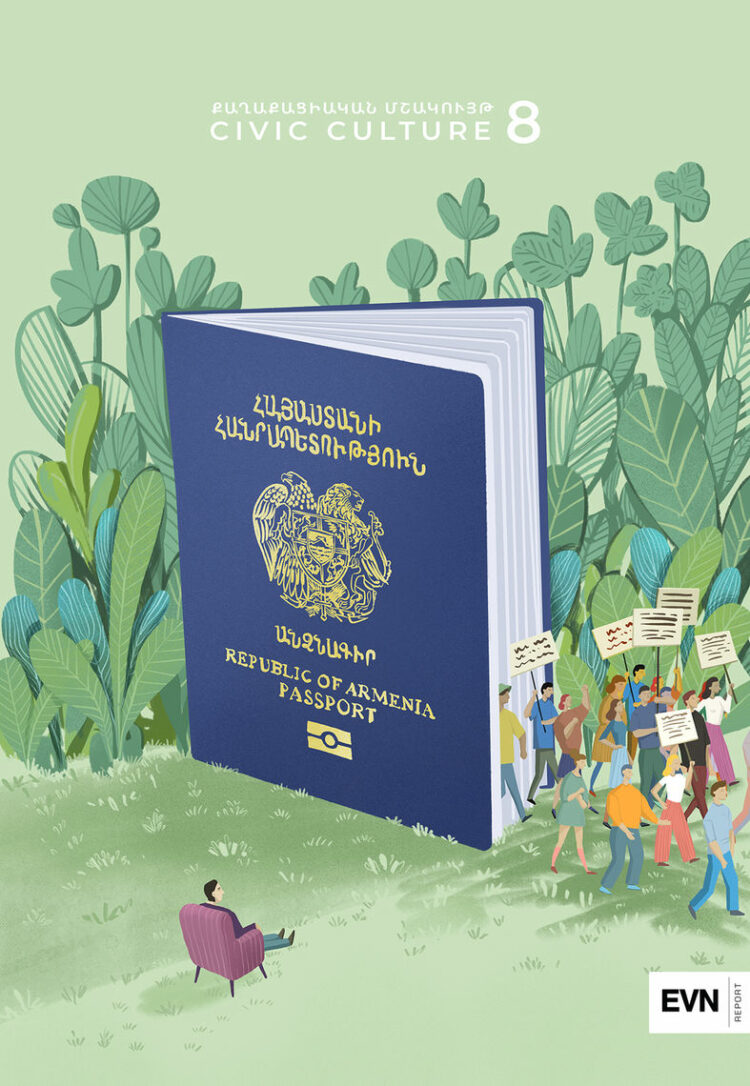



In order for a democracy to function properly, it needs a citizenry that participates in civic duties. Civic culture can also be defined as a set of political attitudes, habits and behavior on behalf of citizens who are aware of their political rights and how the decision-making process affects their lives and society. Thereby, political awareness and participation/involvement in civic life ensure stability and progress. Understanding the rights and responsibilities of good citizenship is an ongoing process and involves many aspects from obeying the law to taking responsibility for oneself and to voting in elections. This month’s issue features stories about those rights and responsibilities, including individual awareness, the role of civil society and the role of the judiciary in defending human rights.
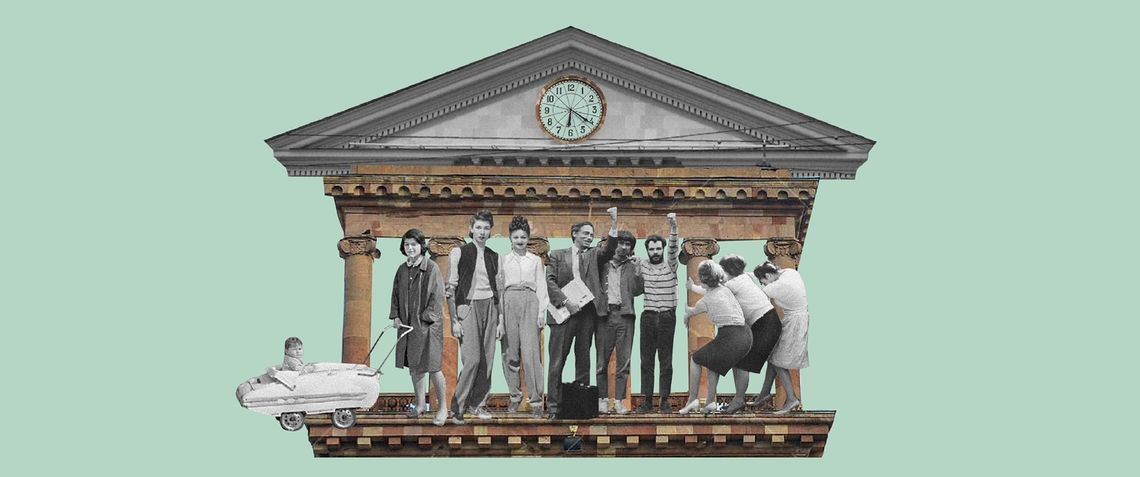

If civil society is considered one of the most important pillars of a democratic state, did Armenian civil society fail in its role in protecting human rights, ensuring public oversight and accountability after 2018?
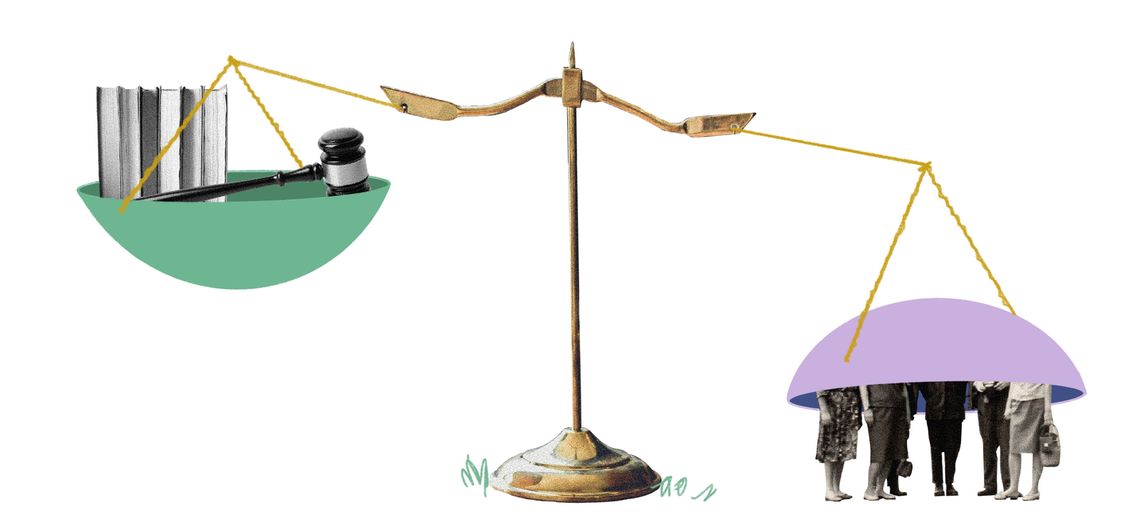

The effectiveness of the justice system determines the level of respect for human rights in a country. It remains to be seen what steps the new government will take and whether the provisions of the strategic judicial reform program will be implemented.
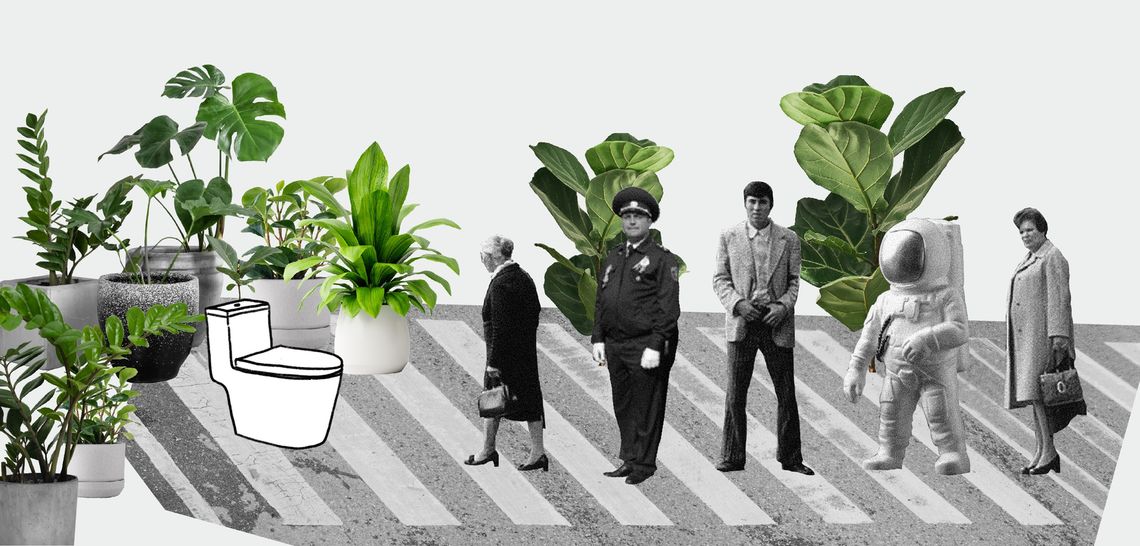

How people behave in public spaces compared to private ones and how they perceive their individual civic responsibility is a reflection of the society in which they live.
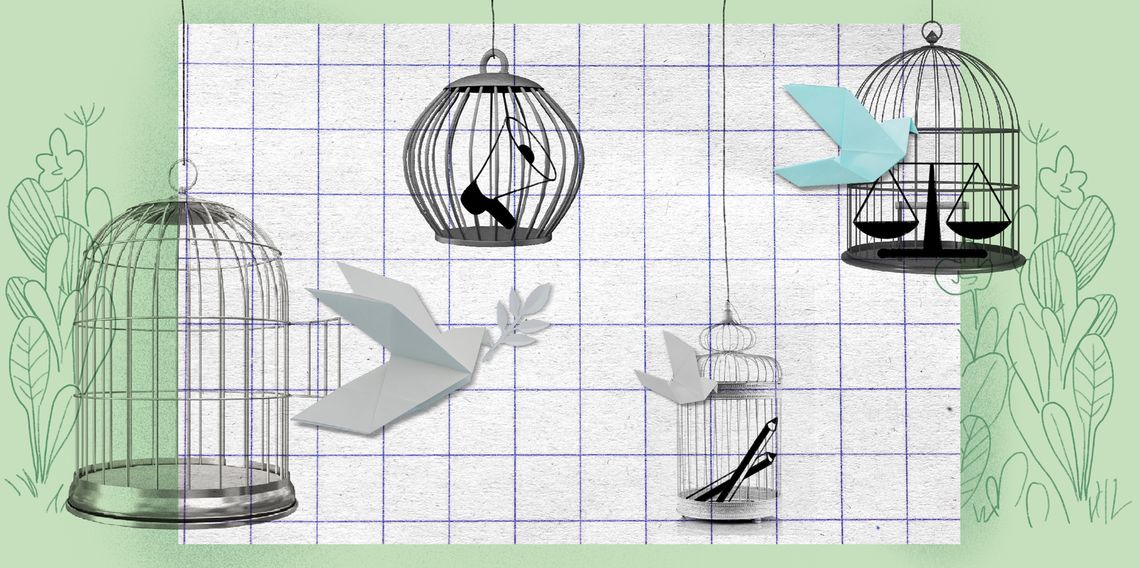

In order for a democratic society to function, citizens must exercise their rights and responsibilities. The state is obligated to take steps to shape an independent and strong civil society, Astghik Karapetyan writes.
EVN Report’s mission is to empower Armenia, inspire the diaspora and inform the world through sound, credible and fact-based reporting and commentary. Our goal is to increase public trust in the media. EVN Report is the media arm of EVN News Foundation registered in the Republic of Armenia in 2017.
SUPPORT INDEPENDANT JOURNALISM